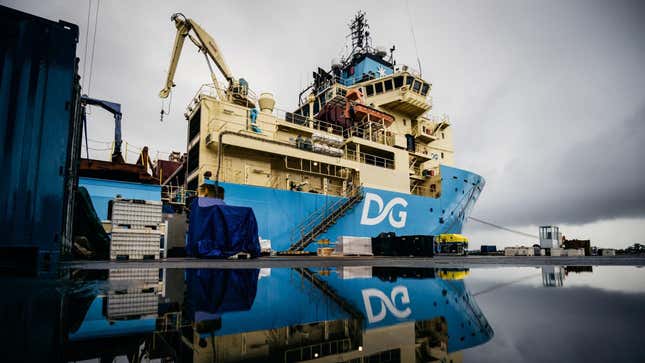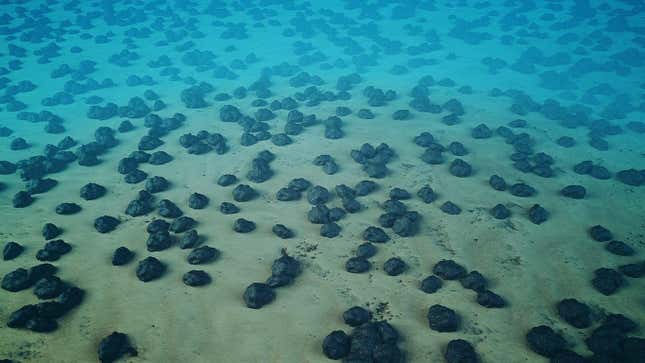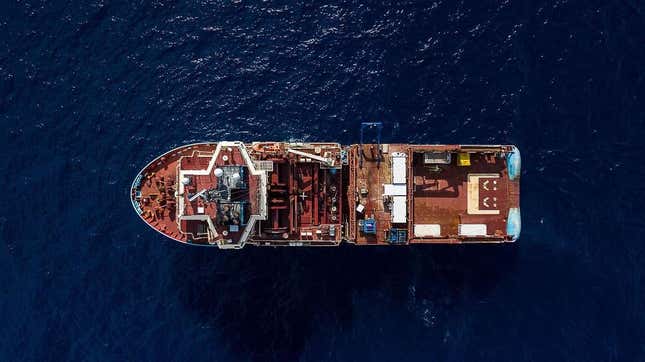
The demand for the metals used in batteries is surging. Mines are developing around the globe, in the world’s most arid places. Companies are moving on to the world’s wettest places, too. Miners like the Metals Company plan to start deep sea mining for rocks referred to as nodules on the seabed of the Pacific. TMC claims we will have no choice but to “plumb the ocean depths” in order to transition to EVs, according to a report from the Guardian.
The nodules contain nickel, cobalt, manganese and copper, and the miner claims harvesting these rocks is less harmful to the environment than surface mining. But I’m skeptical of TMC’s claims, and so is the rest of the industry.

The report from the Guardian gathered up just a few of the detractors of deep sea mining, and the companies that oppose the practice might surprise you. Both BMW and Volvo recently joined Google and Samsung in signing a call for a moratorium on deep sea mining from the World Wildlife Fund, as the Guardian describes:
In backing the call, WWF says, the companies committed to not sourcing any metals from the seabed, to exclude them from their supply chains and not to finance deep-sea mining, until the risks are better understood and the alternatives exhausted.
In calling for a ban, Claudia Becker, BMW’s expert in sustainable supply-chain management, says she fears mining the deep sea could have “irreversible consequences”.
“We came to the conclusion we are missing an understanding of the biodiversity impacts of deep-sea mining. We wanted to send a clear signal to the industry that until these issues are resolved, minerals from the deep seabed are not an option for us.”
The Metals Company has responded by saying that carmakers and tech companies are making irresponsible claims. TMC says that BMW will have to source its battery metals from somewhere. The Guardian cited a statement from TMC asking the following question targeted at the Bavarians:
“Where exactly will BMW get the battery metals it needs to fully electrify its products, and with what impact to our climate?”
The response reads like a deflection, and it doesn’t really get to the point of deep sea mining and the impact it may have. TMC is barely conducting trials and environmental impact studies. These are set to conclude in 2023, but the miner has already filed for permission to take the next step, which is aptly called the “exploitation phase” by TMC.
Scholars and scientists suggest that we look for alternatives, like using widely-available metals in EV batteries or doubling-down on metals recycling, before we mine the ocean. For now, the deep sea mines are on the roadmap despite us not knowing whether this could generate extinction, if ecosystems can recover from the mining or if this will impact the “ocean’s capacity to capture carbon.”
The worst part is we don’t even know much about the ocean! Scientists estimate that about 90 percent of ocean species remain undiscovered. One scientist in the Guardian report, which is definitely worth a read, claimed that “we need to discover what’s there before we destroy it.” What a novel concept.
